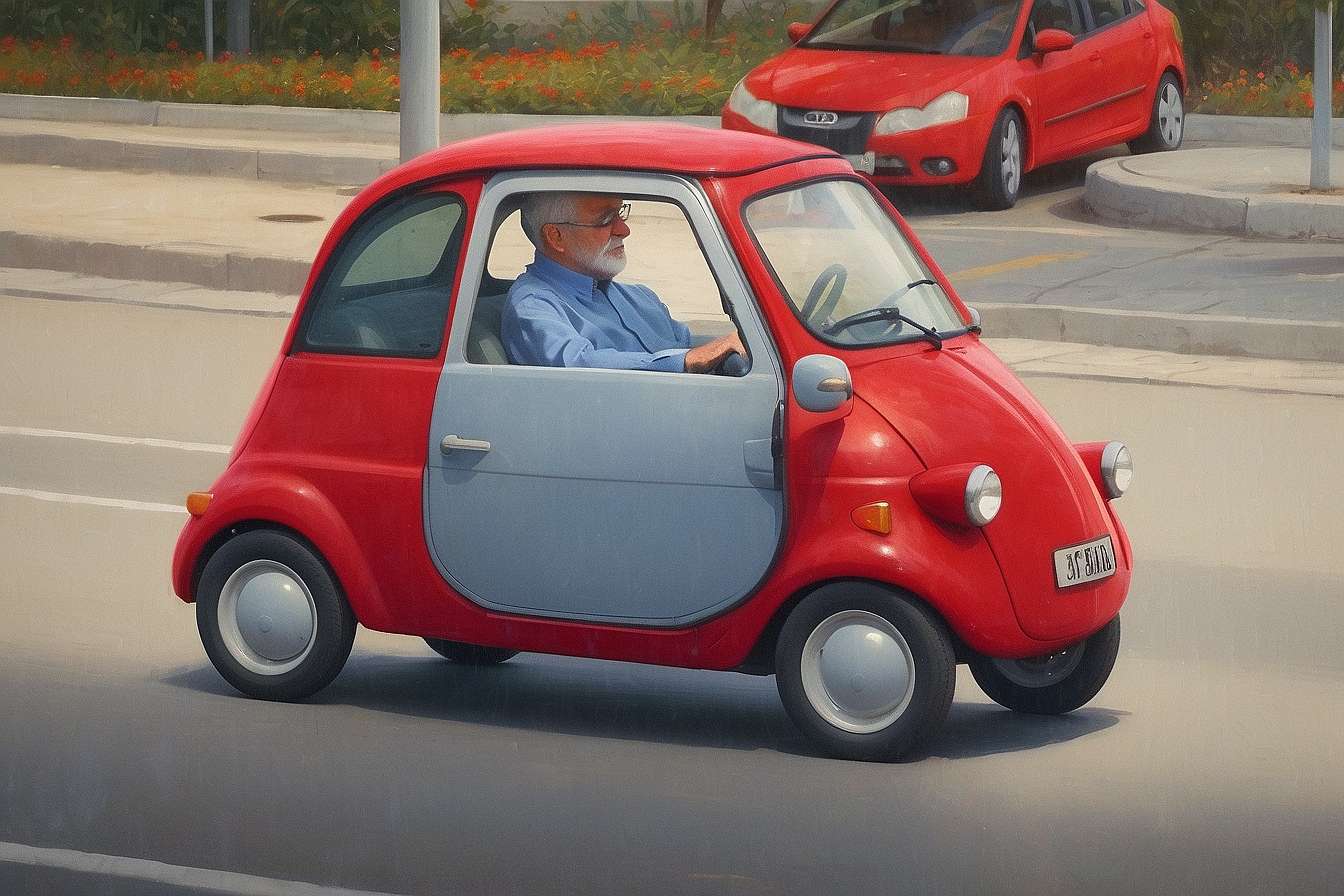Affordable Boilers in the UK: Buy Now Pay Later Options
Considering a new boiler installation in the UK? Understanding the costs involved is crucial for making an informed decision. This guide breaks down the various factors that influence boiler installation prices, helping you navigate the process with confidence.
What are the main types of boilers available in the UK?
The UK market offers three primary types of boilers: combi boilers, system boilers, and conventional boilers. Combi boilers are compact units that provide both heating and hot water on demand, making them ideal for smaller homes or flats. System boilers work with a separate hot water cylinder, offering a good balance between efficiency and hot water capacity. Conventional boilers, also known as regular or heat-only boilers, work with both a cold water tank and a hot water cylinder, suitable for larger homes with multiple bathrooms.
How do I determine the right boiler size for my home?
Choosing the correct boiler size is essential for optimal performance and energy efficiency. Factors to consider include the number of radiators, bathrooms, and occupants in your home. A professional heating engineer can perform a heat loss calculation to determine the exact output required. Generally, a small flat might need a 24-30kW boiler, while a larger house could require a 35-42kW model. It’s crucial not to oversize your boiler, as this can lead to unnecessary energy consumption and higher bills.
What energy efficiency features should I look for in a new boiler?
When selecting a new boiler, prioritise energy efficiency to reduce both your carbon footprint and energy bills. Look for boilers with high SEDBUK (Seasonal Efficiency of Domestic Boilers in the UK) ratings or those with an ErP A-rating. Modern condensing boilers are highly efficient, capturing and using heat that would otherwise be wasted. Features like modulating burners, which adjust the flame to match demand, and weather compensation controls can further enhance efficiency.
How important is the boiler’s warranty and after-sales service?
The warranty and after-sales service are crucial aspects to consider when choosing a boiler. Most manufacturers offer warranties ranging from 2 to 10 years, with some premium models offering up to 12 years. A longer warranty can provide peace of mind and potentially save on future repair costs. However, ensure you understand the terms and conditions, as regular servicing by a qualified engineer is often required to maintain the warranty. Additionally, consider the availability of local service engineers and the manufacturer’s customer support reputation.
What are the latest technological advancements in boiler systems?
Recent technological advancements have made boilers more efficient and user-friendly. Smart thermostats and controls allow you to manage your heating system remotely via smartphone apps, optimizing energy use and comfort. Some boilers now feature self-diagnostic systems that can alert you or your installer to potential issues before they become serious problems. Hybrid systems, combining a gas boiler with a heat pump, are also gaining popularity as they offer increased efficiency and reduced carbon emissions.
What is involved in the boiler installation process?
The installation of a new boiler typically takes 1-3 days, depending on the complexity of the job. The process usually involves:
- Initial survey: A qualified heating engineer assesses your home and heating requirements.
- Removal of old boiler: The existing boiler and associated components are safely removed.
- Installation of new boiler: The new unit is fitted, along with any necessary pipework or flue systems.
- System flush: The heating system is flushed to remove debris and improve efficiency.
- Controls setup: New controls or thermostats are installed and programmed.
- Testing and commissioning: The system is thoroughly tested to ensure safe and efficient operation.
- Handover: The engineer explains how to use the new system and provides relevant documentation.
It’s crucial to use a Gas Safe registered engineer for any boiler installation to ensure safety and compliance with UK regulations.
| Boiler Type | Suitable For | Typical Cost Range | Key Benefits |
|---|---|---|---|
| Combi Boiler | Small to medium homes | £1,500 - £3,500 | Space-saving, instant hot water |
| System Boiler | Medium to large homes | £1,800 - £4,000 | Good for multiple bathrooms |
| Conventional Boiler | Large homes | £2,000 - £4,500 | High hot water capacity |
Prices, rates, or cost estimates mentioned in this article are based on the latest available information but may change over time. Independent research is advised before making financial decisions.
In conclusion, choosing the right boiler for your UK home involves considering various factors such as boiler type, size, efficiency, and installation requirements. By understanding these aspects and consulting with qualified professionals, you can make an informed decision that ensures comfort, efficiency, and long-term savings for your household.
The shared information of this article is up-to-date as of the publishing date. For more up-to-date information, please conduct your own research.





